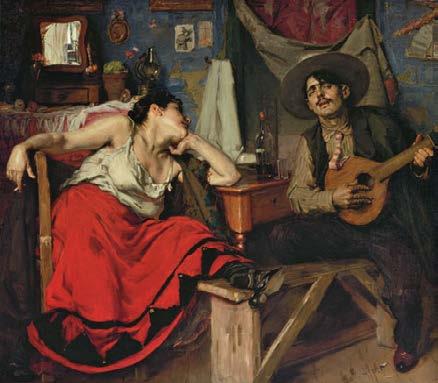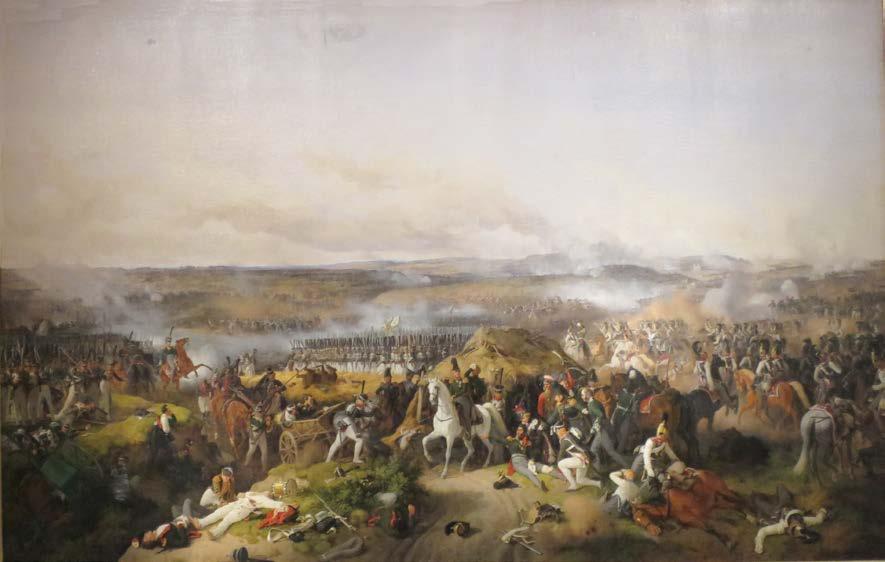32
Balkan Beats
Napoleon’s Impotence
Remembering History and learning Democracy.
by Luís Lowden da Silva
“And it was not Napoleon who directed the course of the battle, for none of his orders were executed and during the battle, he did not know what was going on before him. So the way in which these people killed one another was not decided by Napoleon’s will but occurred independently of him, in accord with the will of hundreds of thousands of people who took part in the common action.” Leo Tolstoy, War and Peace, Book X: Chapter XXVIII Popular historic memory tends to be a parade
of kings, emperors, politicians. Geniuses of science, strategy or leadership. As we follow along with each instance of the abstract concept that is a nation, our anchor to the material reality is the lives of significant individuals.
This certainly makes some sense. The process of history is to build a narrative from a collection of facts, and the narrative we are familiar with the most is each of our lives, which naturally we observe in a biographical style. Our tendency for this type of description is, as the lives of extraordinary people, the consequence of the conditions in which we exist. Even when great strides are taken by a single
individual, we cannot assume that his existence was necessary for it. Isaac Newton and Gottfried Leibniz independently developed Calculus at around the same time; so did Charles Darwin
and Alfred Wallace with the theory of evolution. A society with a sufficiently well-trained pool of talent will, sooner or later, progress in a certain field given that it possesses the requisite conditions and background knowledge.
It can be argued that, rather than “Great Individ-
uals” carving a hole with their shape into history, we have history creating itself a hole of a certain shape, through the innumerable wills of the masses and the material conditions they inhabit, and allowing whichever figure fits best (or first) to fill it.
However,
when it comes to ecological consequences, we rarely point the blame at the leaders of nations or gigantic companies, who perhaps would have the power to drastically influence how much we abuse our planet. It is questionable how much doing so would really influence changes in policy, given how often
29












